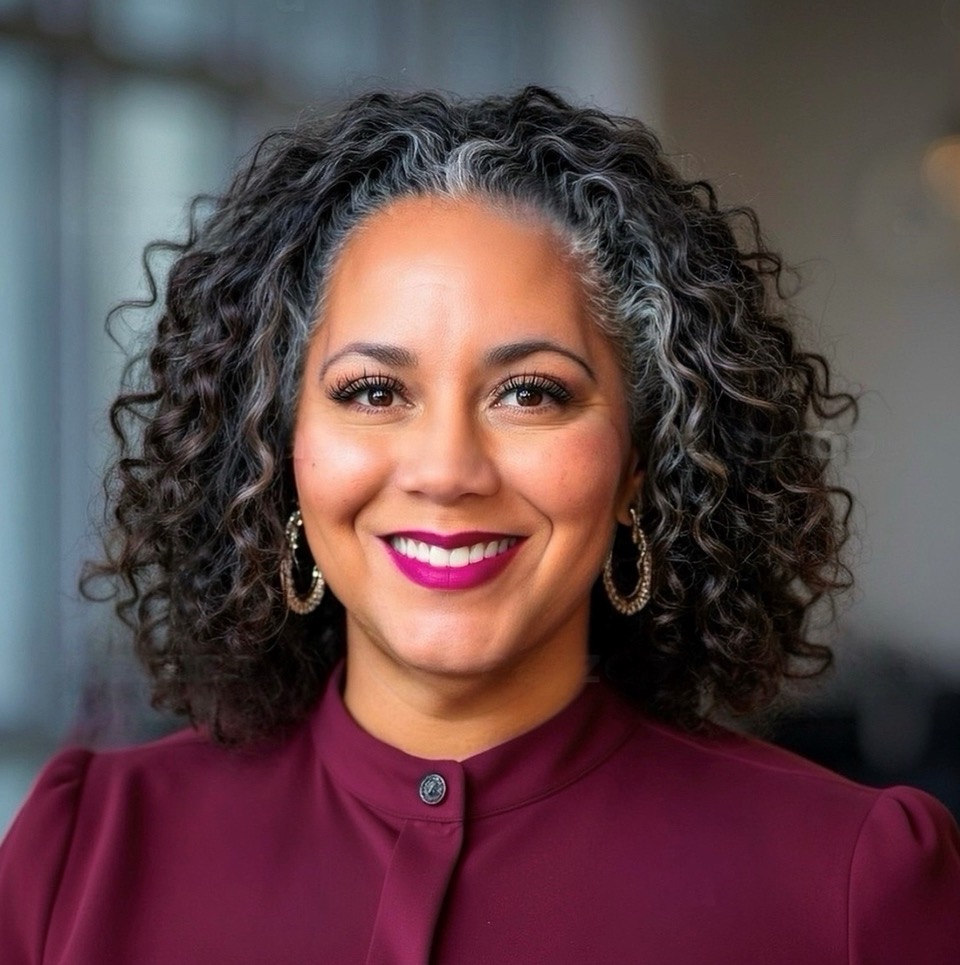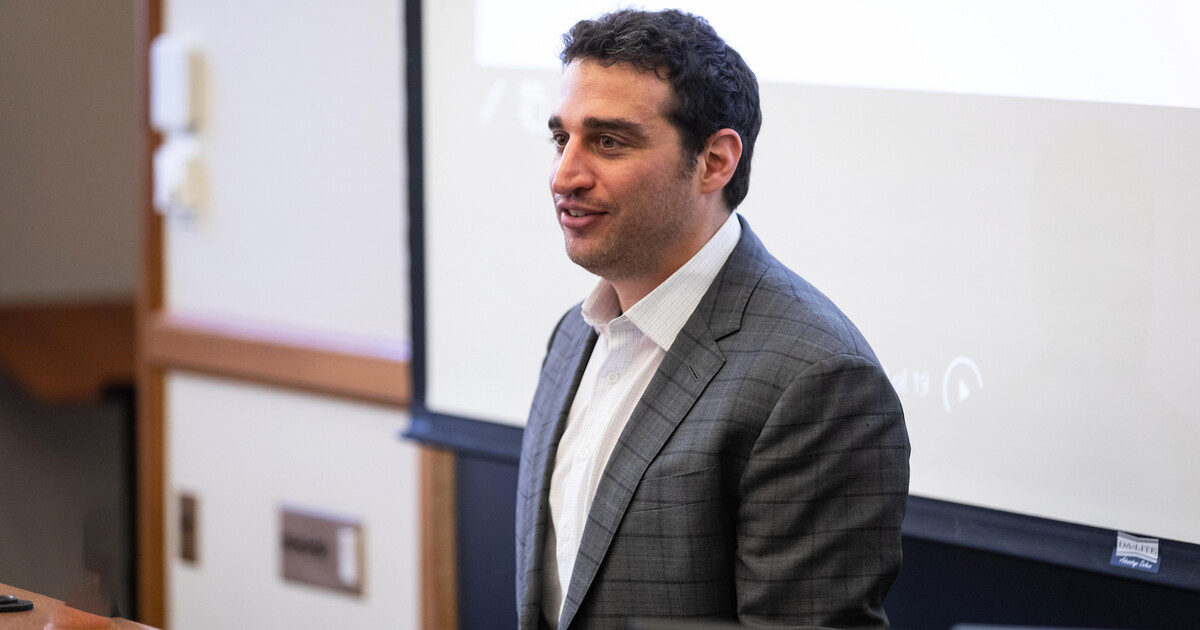
UPDATE: Daylight saving time ends this Sunday, November 5, 2023, and a new Stanford study is igniting calls for its permanent elimination. As Americans prepare to “fall back” this weekend, researchers highlight the negative impacts of the time change on health and well-being.
College students at UC Berkeley are feeling the effects of this biannual ritual. Eugene You, a 20-year-old philosophy major, expressed surprise upon learning about the clock change. “I’m from Asia, and we don’t do this,” he stated. Meanwhile, Thomas Tang, a 21-year-old economics student, noted, “I’ll take one more hour of sleep,” showcasing the mixed feelings about the transition.
For many families, the clock change poses challenges. Catherine, a Berkeley resident, explained how her young children struggle with the shifting daylight. “It’s really confusing for the kids when we pick them up from daycare and it’s already dark outside,” she said. While families adapt, over 300 million Americans will face another adjustment in March when daylight saving time returns.
The Stanford study, released in September, underscores the controversy surrounding daylight saving time. Researchers found that the clock shifts negatively affect the body’s circadian rhythm, potentially leading to health issues. By eliminating daylight saving time altogether, the study estimates that more than 2.6 million people could avoid obesity, and 200,000 to 300,000 strokes could be prevented.
The study analyzed health data from the Centers for Disease Control and Prevention, focusing on conditions like arthritis, diabetes, and depression. “Our data use an idealized light exposure pattern and do not model expected human behavior,” researchers noted, suggesting that one solution may not fit all.
Public sentiment is shifting as well. A recent Gallup poll indicates a growing majority of Americans are ready to end the practice. Only 40% of U.S. adults currently support daylight saving time, a dramatic decline from around 75% in the late 1990s.
Students like Onyinye Boardman, a media studies major at UC Berkeley, express indifference towards the time change. “Why don’t we just stick to one? I don’t really see the point,” she said, relaying a sentiment echoed by many.
As the clock approaches 2:00 a.m. on Sunday, residents across the nation will adjust their clocks and routines. The urgency for change is palpable, and the ongoing debate may soon translate into action. If a permanent proposal appears on ballots, the impact could be significant.
Stay tuned for updates as this conversation evolves and new research emerges. The health implications of daylight saving time are critical, and public opinion may soon shape future policies.






